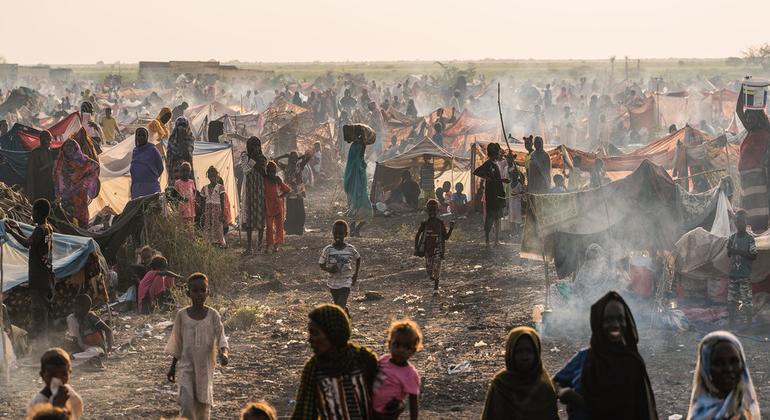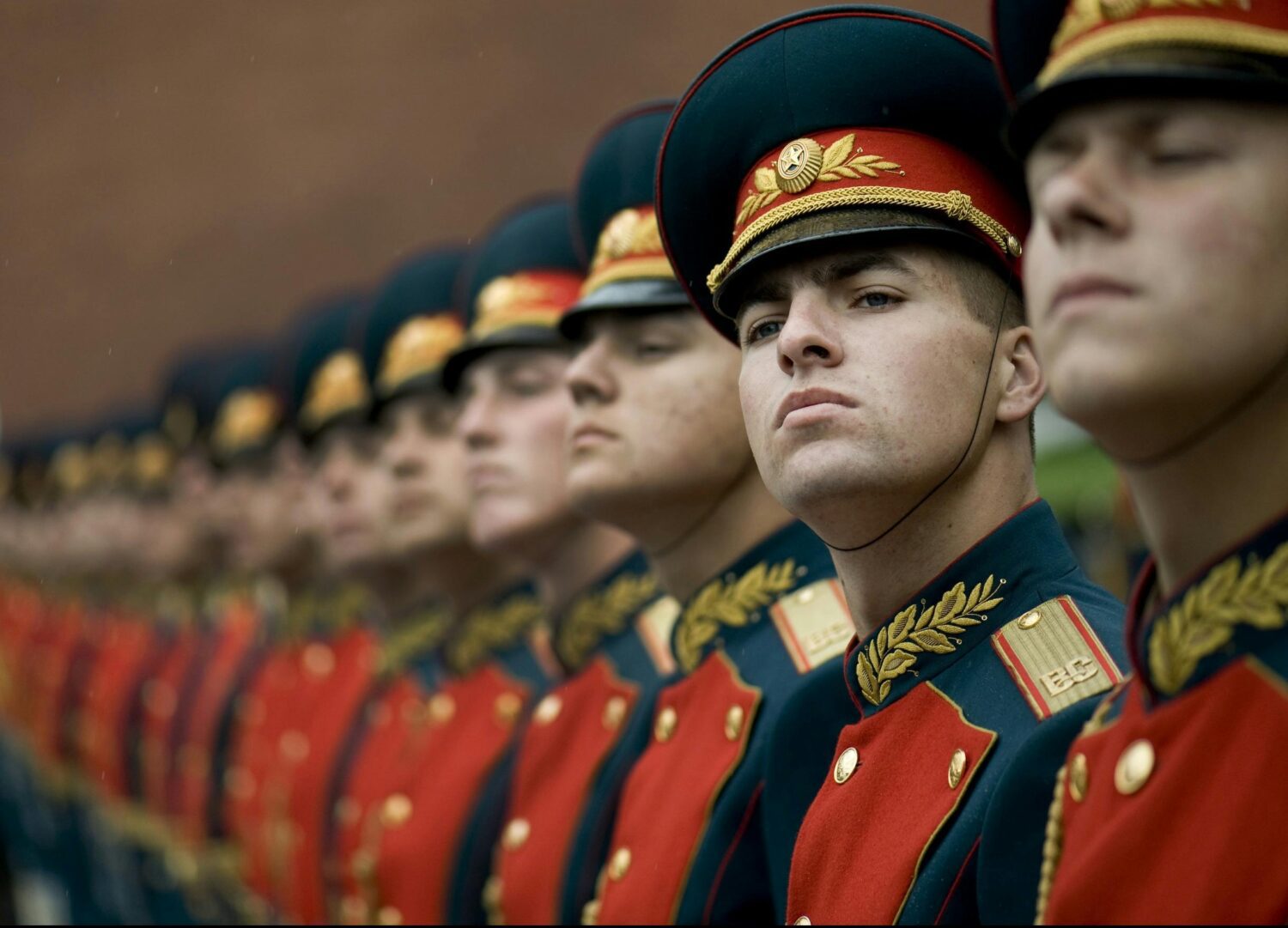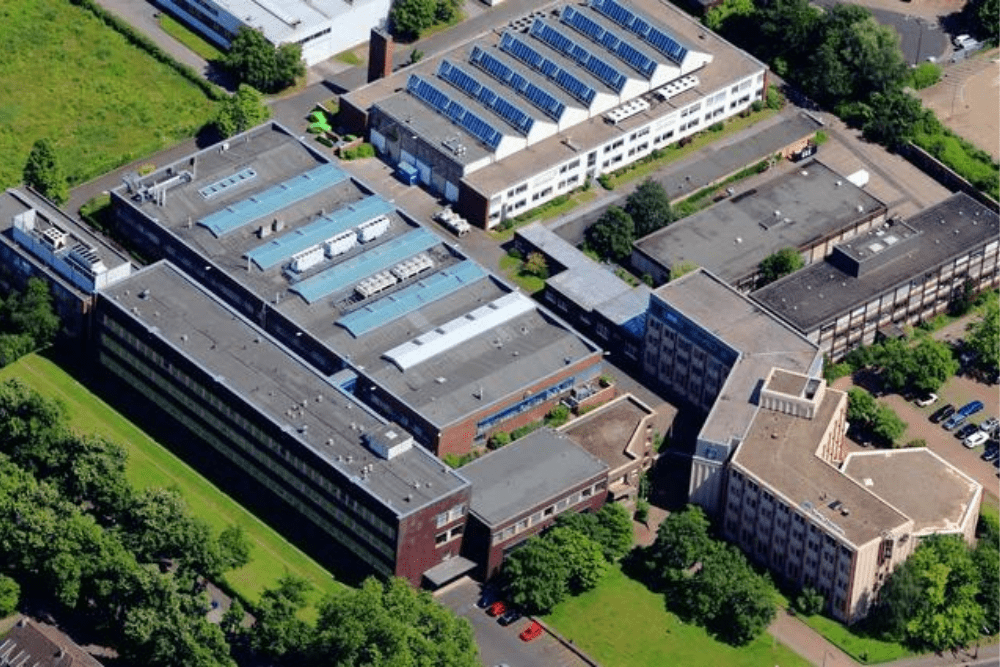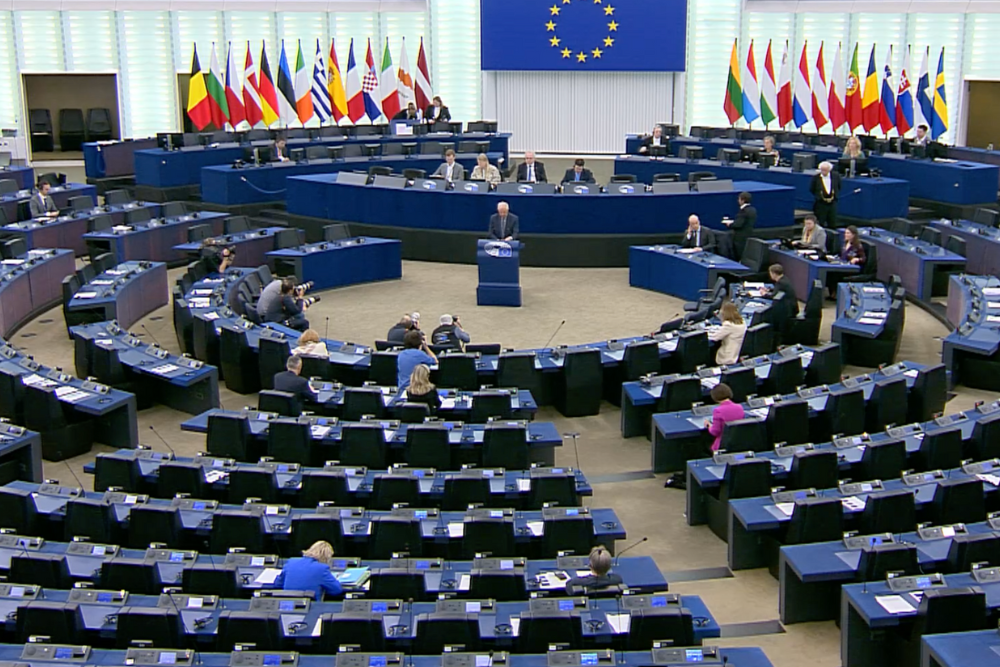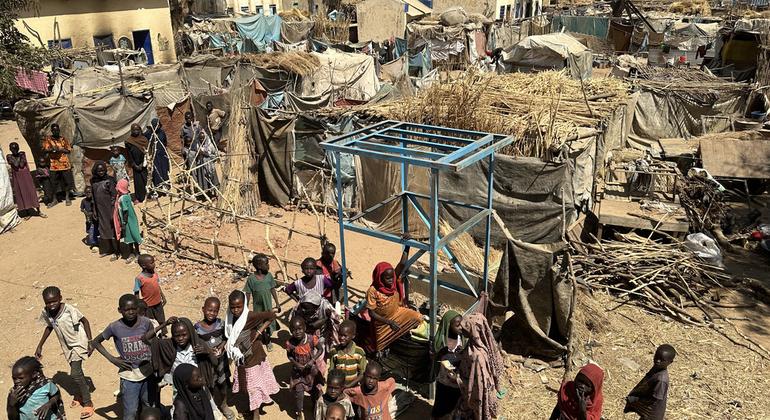Suffering is growing too and is likely to get worse, Justin Brady, head of the UN humanitarian relief office, OCHA, in Sudan, warned UN News.
“Without more resources, not only will we not be able to stop a famine, we’re not going to be help able to help basically anybody,” he said.
“Most of the rations that people receive from the likes of the World Food Programme (WFP) are cut in half already, so we can’t strip more off the bone to try and make this operation work.”
The grim conditions on the ground hit an emergency level soon after the rival Sudanese Armed Forces and the Rapid Support Forces launched air and ground attacks in mid-April 2023, he said, as a tsunami of violence continues to surge across the country today, from the capital, Khartoum, and spiralling outwards.
Not ‘at the bottom’ yet
“Our biggest concerns are around the conflict areas in Khartoum itself and the Darfur states,” he said from Port Sudan, where humanitarian efforts are continuing to get lifesaving aid to those most in need.
The entire aid community was forced to relocate from the capital just a few weeks into the fighting due to the dire security situation.
While a recent famine alert shows that almost 18 million Sudanese are facing acute hunger, the $2.7 billion response plan for 2024 is only six per cent funded, Mr. Brady said.
“It’s very bad, but I don’t think we’re at the bottom,” he said.
Conditions were bad even before the war, stemming back to the coup of 2021, with a drowning economy amid startling waves of ethnic-based violence, he explained.
Except today, although humanitarian supplies are available in Port Sudan, the key challenge is securing safe access to affected populations, currently stymied by looted aid warehouses and crippling bureaucratic impediments, insecurity and total communications shutdowns.
Khadija, a Sudanese internally displaced person in Wad Madani.
“Sudan is often referred to as a forgotten crisis,” he said, “but I question how many knew about it to be able to forget about it.”
Listen to the full interview here.
War and children
As hunger washes over the country, news outlets have reported that one child is dying every two hours from malnutrition in the Zamzam displacement camp in North Darfur.
Indeed, 24 million children have been exposed to conflict and a staggering 730,000 children are severely acutely malnourished, Jill Lawler, chief of field operations in Sudan for the UN Children’s Fund (UNICEF), told UN News.
“Children should not have to be experiencing this, hearing bombs go off or being displaced multiple times” in a “conflict that just needs to end”, she said, describing the first UN aid mission to Omdurman, Sudan’s second largest city.
More than 19 million children have been out of school, and many young people can also be seen carrying arms, reflecting reports that children continued to face forced recruitment by armed groups.
Too weak to breastfeed
Meanwhile, women and girls who have been raped in the first months of the war are now delivering babies, the UNICEF operations chief said. Some are too weak to nurse their infants.
“One mother in particular was treating her three-month-old little son, and she unfortunately did not have the resources to provide milk for her little son, so had resorted to goat milk, which led to a case of diarrhoea,” Ms. Lawler said.
The infant was one of the “lucky few” able to get treatment as millions of others lack access to care, she said.
Listen to the full interview here.
People fleeing violence pass through a transit centre in Renk in the north of South Sudan.
Death, destruction and targeted killings
On the ground, Sudanese who had fled to other countries, those who are internally displaced and some who are recording the ongoing suffering shared their perspectives.
“I have lost everything I ever owned,” said Fatima*, a former UN staff member told UN News. “The militias looted our house and took everything, even the doors.”
For 57 days, she and her family were trapped inside their home in El Geneina in West Darfur while militias systematically targeted and killed people based on their ethnicity, she said.
“There were so many bodies in the streets it was hard to walk,” she said, describing their escape.
‘No sign of a solution in sight’
Photographer Ala Kheir has been covering the war since violent clashes erupted in Khartoum one year ago, saying the “scale of disaster” is must greater than the media portrays.
“This war is very strange because both sides hate the public and they hate journalists,” he told UN News in an exclusive interview, stressing that civilians are suffering the brunt of the ongoing deadly clashes.
“A year later, the war in Sudan is still going very strong and the lives of millions of Sudanese have completely stalled and stopped,” he said, “with no sign of a solution in sight.”
Women and children collect water in eastern Sudan.
‘Get off the sidelines’
While the UN Security Council called for a ceasefire during the holy month of Ramadan, which ended last week, the fighting continues, OCHA’s Mr. Brady said.
“We need the international community to get off the sidelines and to engage the two parties and to bring them to the table because this conflict is a nightmare for the Sudanese people,” he said, explaining that a famine prevention plan is in the works leading up to a pledging conference for sorely needed funds, to be held in Paris on Monday, the day the war will enter its second year.
Echoing the call of many aid agencies, for the Sudanese people caught in the crossfire, the nightmare needs to end now.
* Name changed to protect her identity
WFP and its partner World Relief provide emergency food supplies in West Darfur.
Sudanese youth call for help to fill aid vacuum
Youth-led mutual aid groups are helping fill the aid gap in war-torn Sudan. (file)
Community groups led by young Sudanese men and women are trying to fill the aid vacuum left after the war began one year ago.
Called “emergency response rooms”, these youth-led initiatives are assessing needs and taking action, from medical help to providing corridors to safety, Hanin Ahmed told UN News.
“We in emergency rooms cannot cover all the needs in conflict areas,” said Ms. Ahmed, a young activist with a master’s degree in gender and specialising in peace and conflict, who founded an emergency room in the Omdurman area.
“Therefore, we ask the international community and international organisations to shed light on the Sudanese issue and to put pressure to silence the sound of guns, protect civilians and provide more support to help those affected by the war.”
Read the full story here.



